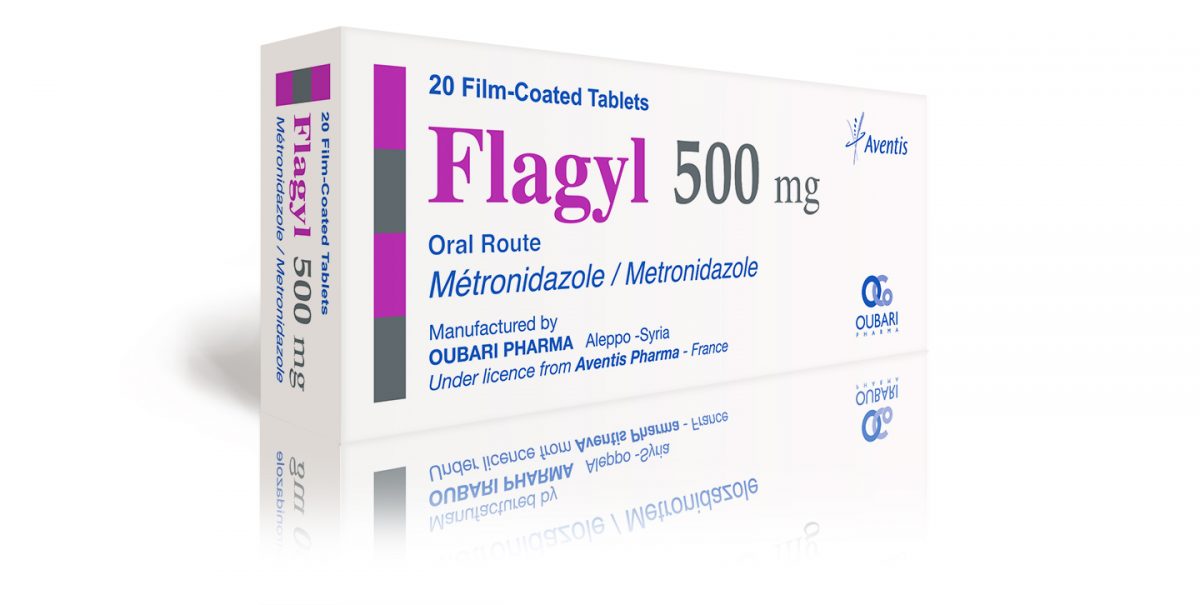Aspirin is one of the most universally recognized and commonly prescribed medications worldwide. It is estimated that 48.7 million U.S. adults are taking aspirin for cardiovascular disease prevention; the majority (~73%) for primary prevention.1 The benefit of aspirin for secondary prevention of cardiovascular disease is well-established, with meta-analysis results favoring low dose (75–150mg/day) over high dose (>150mg/day) aspirin given similar efficacy but lower bleeding risk. In contrast, the role of aspirin in primary cardiovascular disease prevention is more controversial; historical trials found benefit2 but trials since 2008 have shown either null effects on all-cause and cardiovascular disease mortality2–4 or a signal for increased mortality in the context of excess bleeding.

